“The future of education is in dire need of repair and revitalization. Our students deserve an education that equips them with the skills, knowledge, and resilience to navigate the complexities of the world.”
The challenges of teacher shortages and global education issues require us to reevaluate our approach. By implementing transformative measures, we can restore the system’s integrity and provide a nurturing environment for students to flourish.
This article delves deeper into the path towards repairing the education system, emphasizing the importance of essential skills, community engagement, teacher empowerment, and a shift towards holistic growth.
Cultivating Essential Skills: “Education is not the learning of facts, but the training of the mind to think.” – Albert Einstein
At the heart of education lies the cultivation of essential skills. Instead of solely focusing on subject-specific knowledge, we must prioritize skills such as critical thinking, creativity, problem-solving, and collaboration.
“Education should empower students to become active agents of change, equipped with the skills to tackle complex problems and contribute to the betterment of society.”
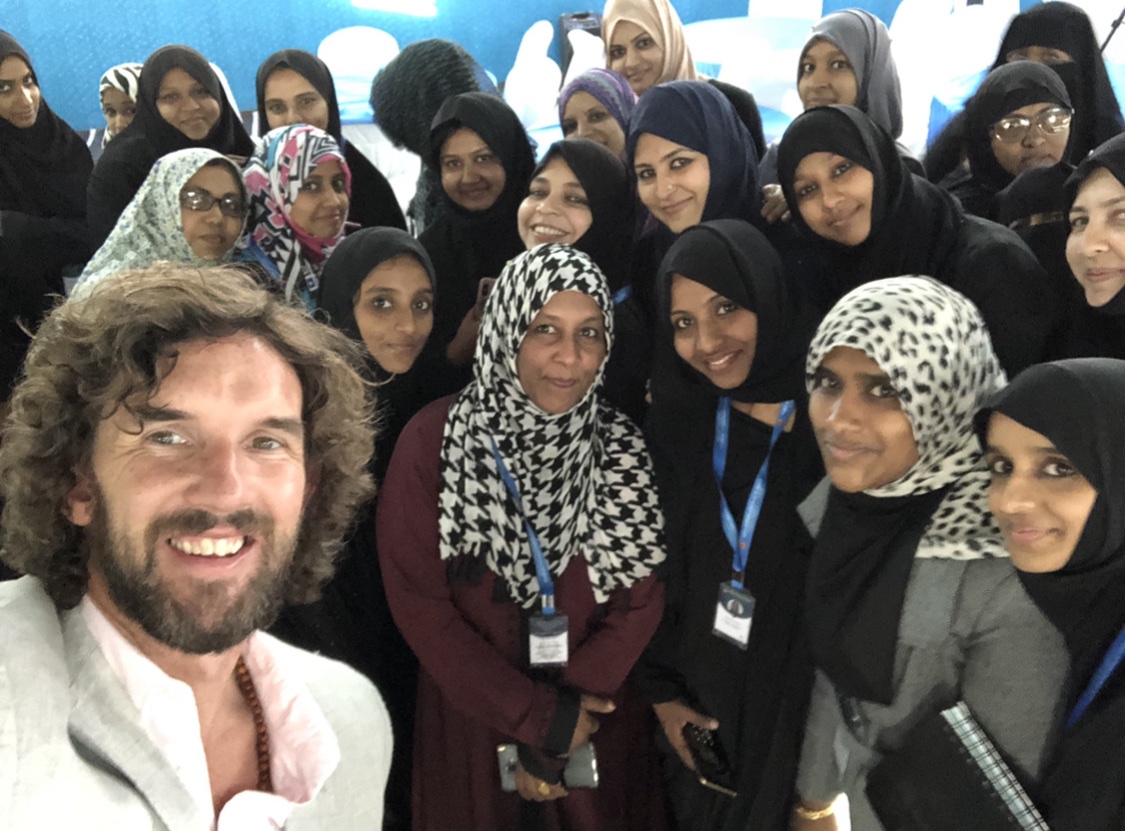
Fostering Community Engagement: “Education is a shared responsibility between schools, families, and communities. It takes a village to raise a child.” – African Proverb
A thriving education system is deeply intertwined with the communities it serves. To repair the system, we must foster community engagement and create partnerships between schools, families, and local organisations.
This collaboration ensures that education becomes a shared responsibility, with everyone actively involved in supporting and enriching the learning journey of students. “Education should bridge the gap between classroom learning and real-life experiences, connecting students to their communities and the world at large.”
Empowering Teachers: “Teachers have the power to unlock the potential within every student and shape the leaders of tomorrow.” – [Education Enthusiast]
Teachers are the backbone of any successful education system. To repair and revitalize education, we must empower teachers and provide them with the necessary support and resources.
“Teachers should be trusted as professionals and given the freedom to ignite a passion for learning, inspire creativity, and foster critical thinking in their students.”
By creating space for teachers to focus on teaching engaging lessons, inspiring creativity, and cultivating a love for learning, we unlock their true potential as catalysts for student growth.
Promoting Holistic Growth: “Education is not the filling of a pail, but the lighting of a fire.” – William Butler Yeats
Repairing the education system necessitates a shift from a purely academic focus to one that values holistic growth. We must recognize the individuality of each student and cater to their unique strengths, passions, and aspirations.
“Education should nurture the social-emotional well-being of students, instilling a sense of purpose and empowering them to become compassionate, resilient individuals.”
“Education is the most powerful weapon which you can use to change the world.” – Nelson Mandela
The task of repairing the education system requires a collective effort and a commitment to change. By prioritising the cultivation of essential skills, fostering community engagement, empowering teachers, and promoting holistic growth, we can breathe new life into education.
“Let us embrace a system that values the potential of every student, encourages collaboration, and fosters a love for lifelong learning.” Together, we can repair the cracks in the foundation of education and build a future where every learner can thrive and fulfill their true potential whilst making this big blue ball that we call home a better place!


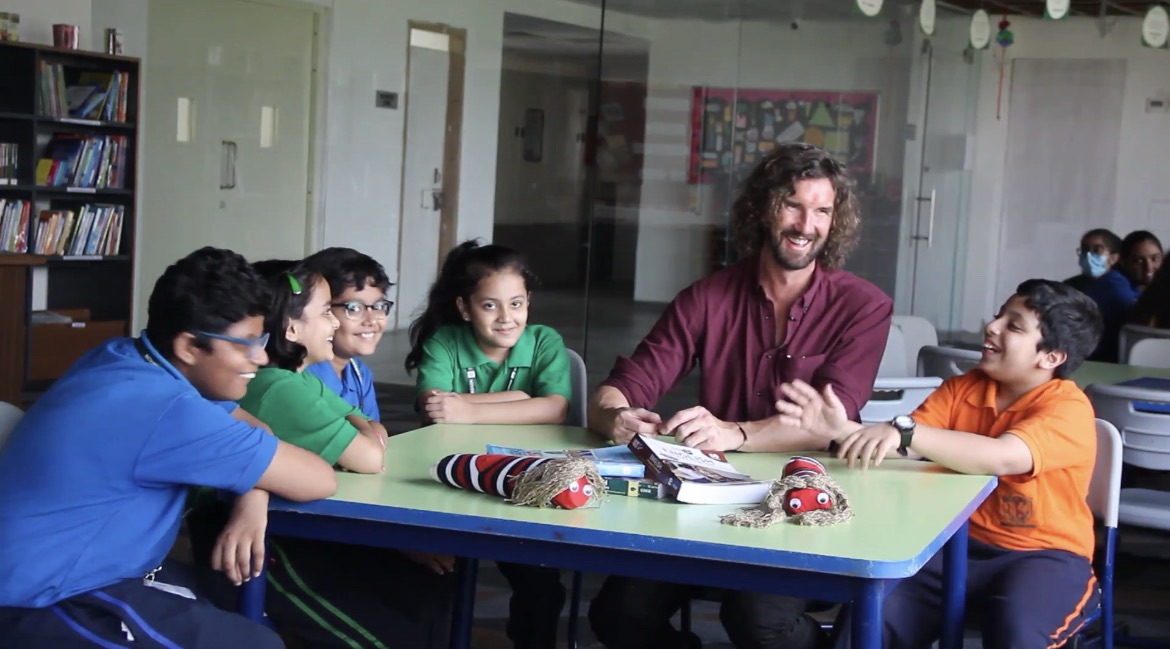
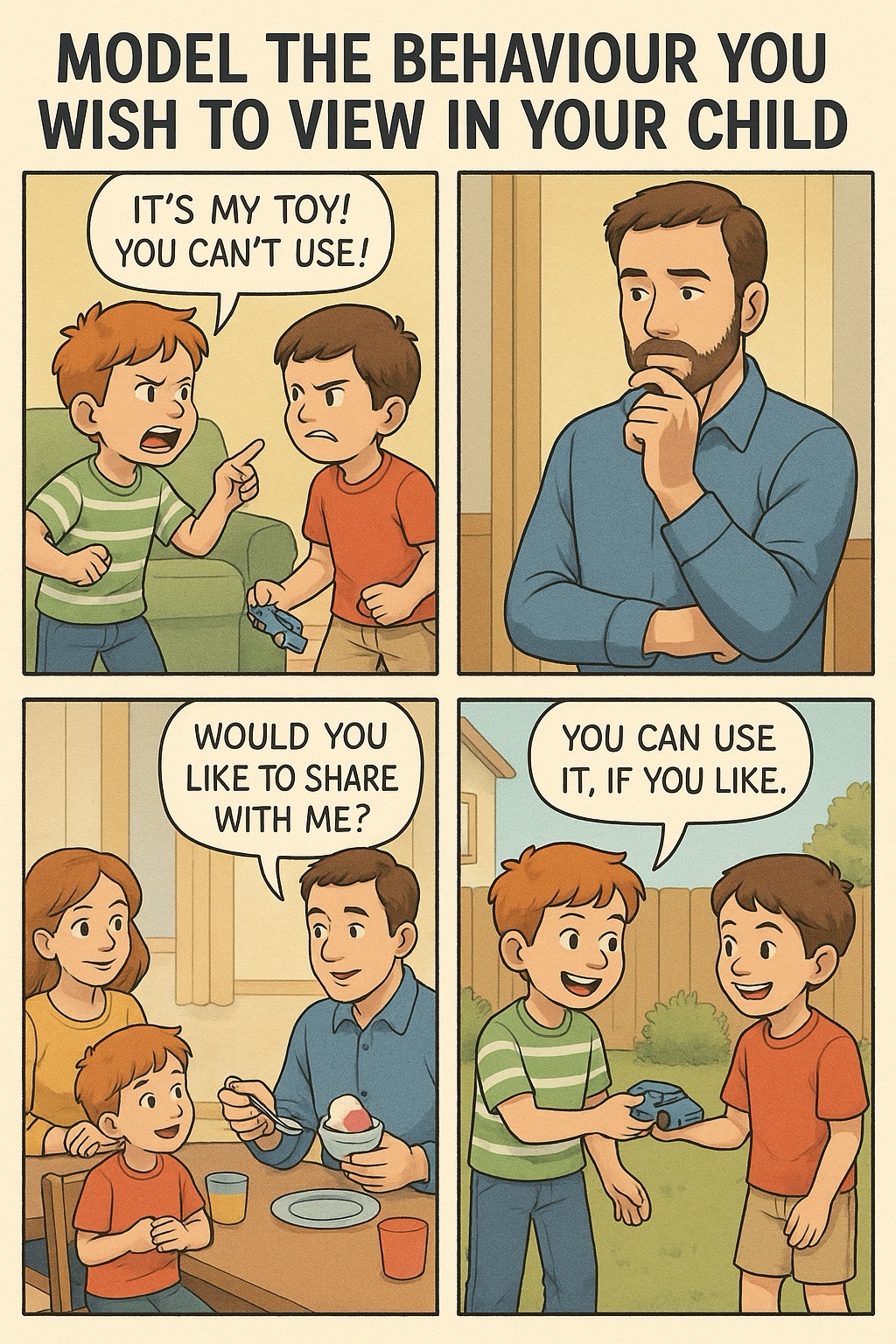
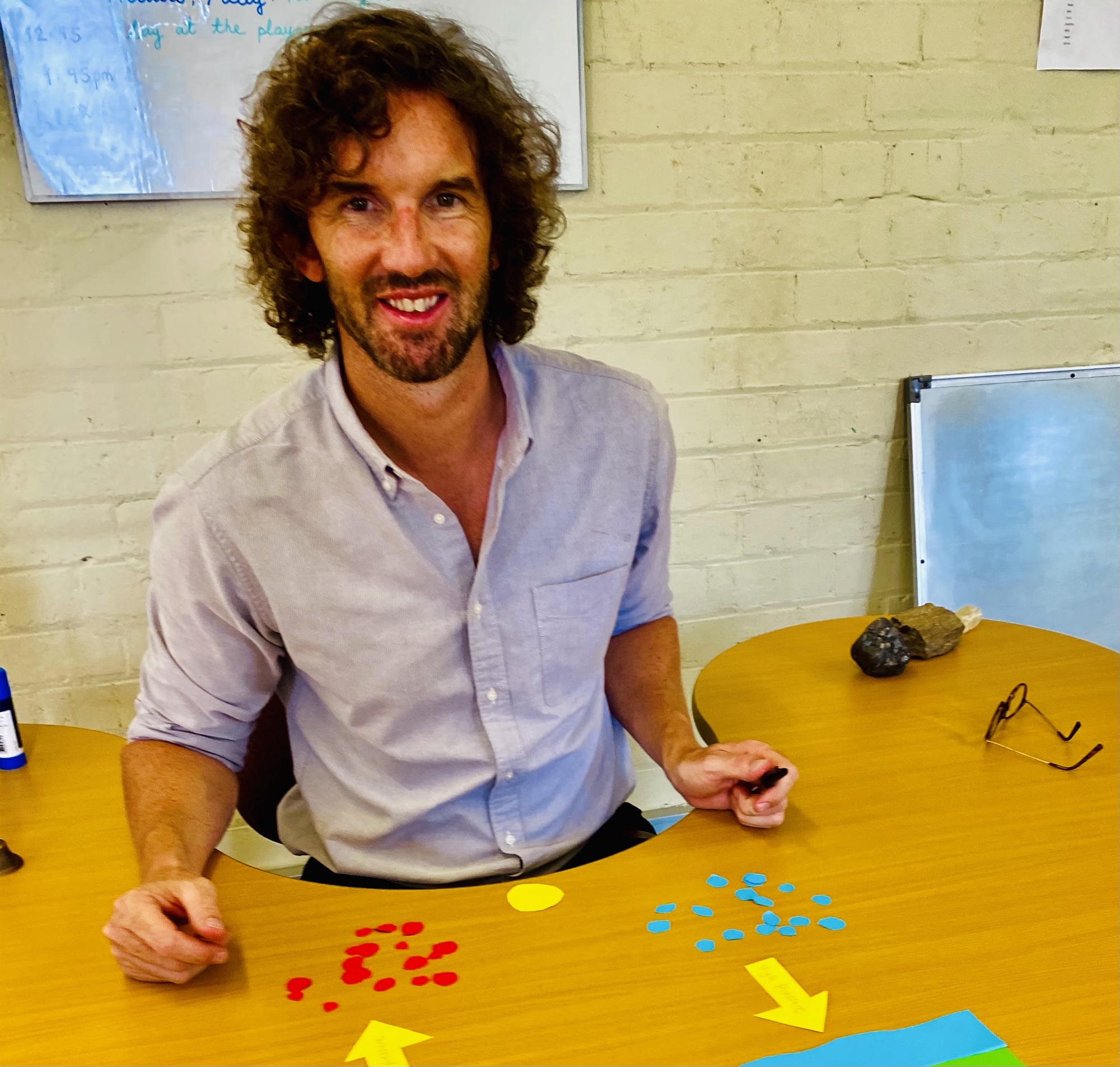


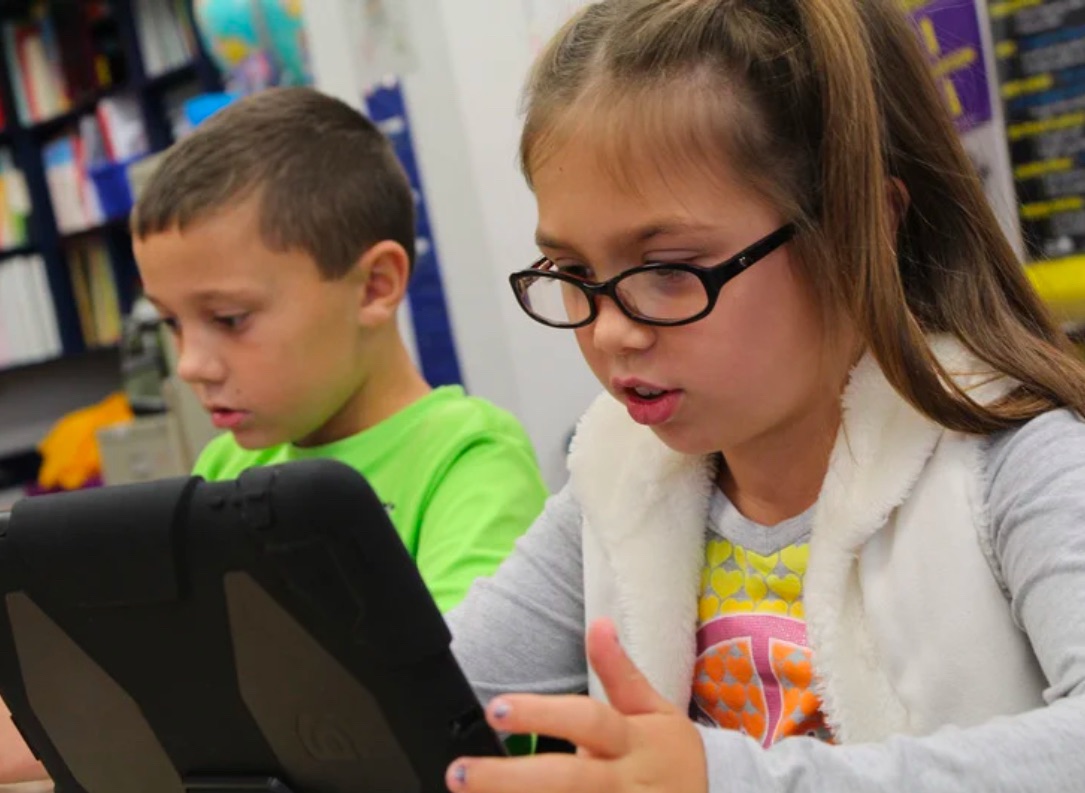
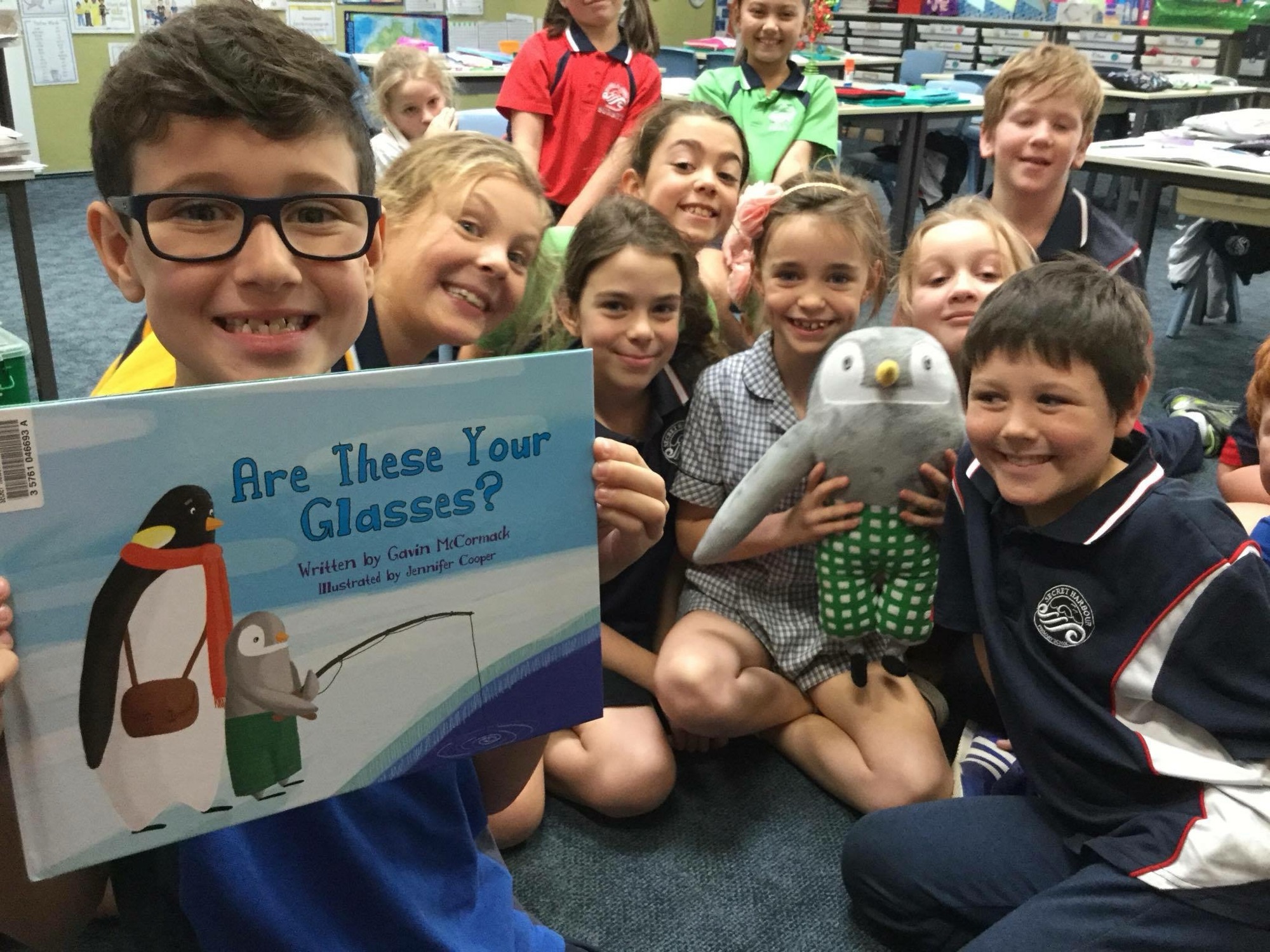
2 Responses
Thank you for sharing the article. The holistic growth of a child needs a collaborative effort for which the whole education system and policy have to change. This is the external contribution. But the teacher with personal initiative can take steps to change the methods where external support is not available. So effort should from both sides for the progress of the child.
The problem is, is that curriculum makers in Australia have decided that a more prescriptive way to teach is needed. They compare us to surgeons, doctors that have a prescribed set of steps to take to reach a proposed outcome. Therefore, they are taking away our creativity and forcing outcomes into every classroom, which makes it very dull for most students and doesn’t meet individual needs and respect children as individuals. They are merely told what they need to know to pass. Disengagement is rife in Australian public schools as I have seen. AI will again change the landscape and new ideas for curriculum will need to evolve with students needing exactly the skills that you have noted many times.